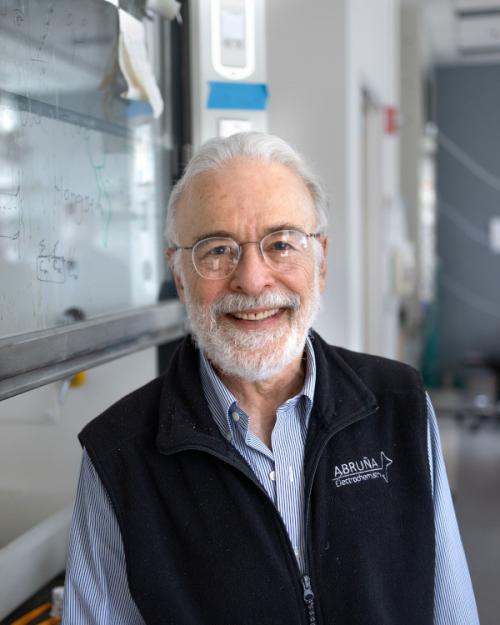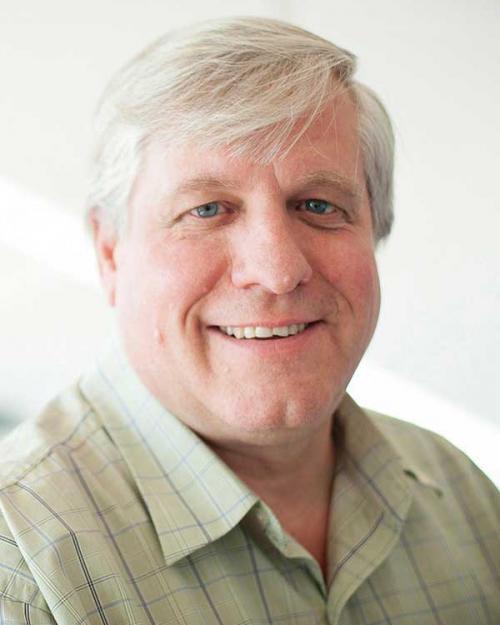Scott Emr, Samuel C. and Nancy M. Fleming Professor Emeritus in the Department of Molecular Biology and Genetics in the College of Arts and Sciences, was awarded the 2024 Horwitz Prize, along with Wesley Sundquist, for discovering the ESCRT (Endosomal Sorting Complexes Required for Transport) pathway and revealing how it works. The ESCRT pathway is essential in diverse processes central to health and disease. The Horwitz Award is given annually by Columbia University for groundbreaking work in medical science.
“This award places Scott in the company of many of the top figures in molecular biology and biomedical sciences from the past 50 years,” said Daniel Barbash, professor and chair of molecular biology and genetics in the College of Agriculture and Life Sciences. Of the 113 previous Horwitz Prize winners, 51 have gone on to receive Nobel Prizes.
“I am honored to be awarded the Horwitz Prize,” said Emr. “It recognizes the discoveries made by many wonderful students and postdocs who I have been fortunate to train and work with over the past 42 years. They certainly share in this honor.”
ESCRT (pronounced “escort”) complexes deform the cell membrane and bend parts of it away from the cytoplasm, the space that houses all material inside a cell. This unique process plays an essential role in keeping cells healthy by packaging and sorting molecules, removing waste, and regulating important functions such as cell division, neuron remodeling, and immune responses. Defects in ESCRT function can lead to uncontrolled cell growth and tumor formation, contributing to cancer, neurodegeneration, and Parkinson’s disease. In addition, many viruses, including HIV, hijack ESCRT machinery to exit an infected host cell.
Emr discovered the first ESCRT complex, ESCRT-I, in 2001. He developed a genetic strategy in yeast to search for more ESCRT proteins and, since the initial discovery, his lab has published a series of papers identifying more than 20 genes that comprise all five known ESCRT complexes. Emr also made several important discoveries about how ESCRT complexes function. He showed that lipids in the membrane act like shipping labels that can be read by ESCRT complexes to send molecules to precise destinations. Emr also found that ESCRT complexes recognize proteins that are tagged with a molecule called ubiquitin and sends them to the lysozyme, a component of the cell that breaks down biomolecules. This groundbreaking discovery explained how the cell sorts proteins for destruction, a vital process in regulating cell signals and clearing waste from the cell.
Emr served as founding director and is a member of the Weill Institute for Cell and Molecular Biology (Weill Institute). He received his Ph.D. degree in molecular genetics from Harvard Medical School in 1981. Prior to joining the faculty at Cornell, he held positions at the California Institute of Technology and the University of California, San Diego School of Medicine (as Distinguished Professor and Investigator, Howard Hughes Medical Institute).
His honors include membership in the American Academy of Arts and Sciences and the National Academy of Sciences, as well as numerous awards, among them the $1.2 million Shaw Prize in Life Science and Medicine in 2021.




